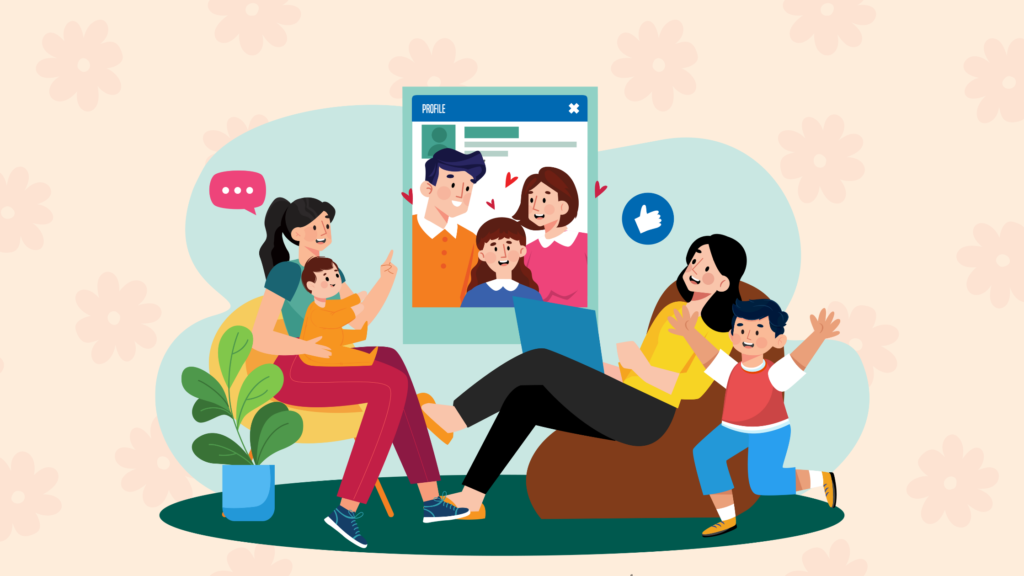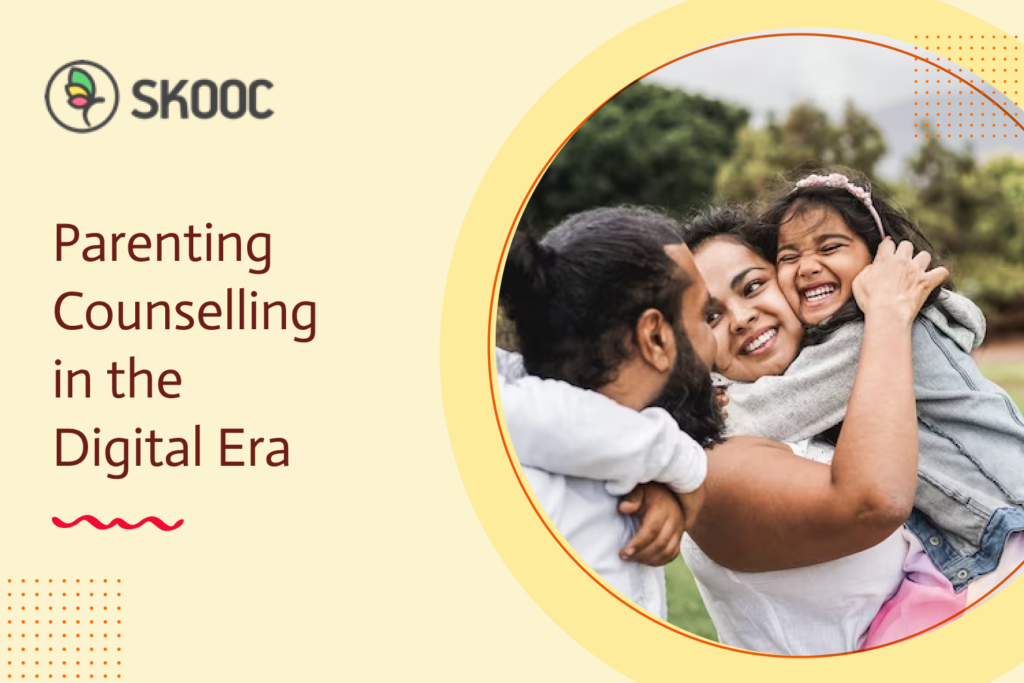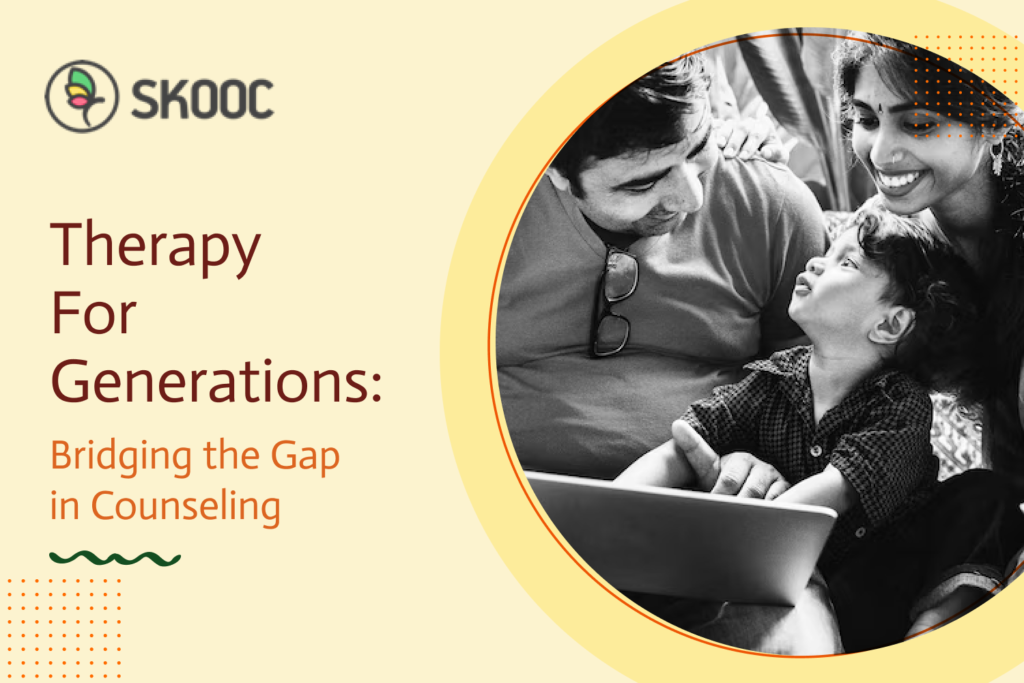
Parenting today feels like a high-stakes game where every decision—from screen time limits to school choices—carries enormous pressure. Unlike past generations, modern parents don’t just focus on providing food, education, and discipline. They’re expected to be emotionally available, mentally strong, physically present, financially stable, and socially conscious—all at once.
Yet, despite having access to endless parenting books, blogs, and expert advice, many parents still feel overwhelmed, guilty, and unsure if they’re doing enough. The reality? Modern parenting is tough not because parents are failing but because the expectations have skyrocketed.
What is Modern Parenting?

Parenting has always been a full-time job but it has evolved significantly over generations. It has been shaped by shifting cultural values, scientific discoveries, and technological advancements. Today’s parents approach child-rearing with a level of awareness and emotional depth that was not as common in previous generations. But with these advancements come new challenges that can sometimes feel overwhelming.
How Parenting Has Evolved From Past Generations
In the past, parenting was largely about survival and discipline. Children were expected to obey without question, and ‘because I said so’ was often a sufficient response. Physical punishment and strict rules were common.
Today, however, we understand the importance of emotional intelligence, attachment theory, and positive discipline. While these shifts promote healthier relationships, they also require more emotional energy and patience from parents.
The Shift to Mindful, Conscious, and Flexible Parenting Styles
Modern parents are moving away from authoritarian approaches and leaning toward conscious parenting, which emphasizes emotional connection, respect, and guidance rather than control. While this approach fosters independent, confident children, it can be exhausting for parents who feel the pressure to be ever-present, patient, and perfect in their parenting responses.
The Influence of Technology, Mental Health Awareness, and Societal Norms
Technology has transformed how parents raise children in the modern world. Smartphones, social media, and digital learning tools offer both benefits and risks, impacting child development and social skills. Meanwhile, growing awareness of childhood mental health means parents are expected to be deeply attuned to their child’s emotional needs, often while navigating their own stress and anxiety. Social expectations have also shifted—parents today are judged not only by their child’s behavior but also by how they handle discipline, nutrition, and education.
Why Parenting Feels Harder Than Ever?

Modern parenting challenges bring unique struggles that previous generations didn’t face, from balancing work-life balance to navigating new parenting techniques. The abundance of information, social media pressures, and the sheer mental load parents carry can make the job feel overwhelming.
The Paradox of Too Much Information, Yet Too Little Clarity
Parents today have access to a wealth of information, but instead of making parenting easier, it often leads to decision fatigue. One expert says screen time is harmful, while another says it’s educational. One book promotes strict routines, while another suggests child-led approaches. This overload creates more confusion than clarity, making parents second-guess every decision they make.
Social Media Pressure and the Burden of ‘Perfect Parenting’
Scrolling through Instagram or parenting forums can make any parent feel inadequate. Photos of beautifully packed lunches, aesthetically pleasing playrooms, and well-behaved children paint an unrealistic picture of family life. This constant exposure can lead parents to feel like they’re not doing enough, even when they’re giving their best.
The Mental Load of Parenting
Parenting isn’t just mentally and physically exhausting; it’s also an emotional challenge that affects every aspect of family life. The invisible labor of remembering doctor’s appointments, packing school bags, planning meals, scheduling activities, and handling emotional meltdowns leaves parents feeling stretched thin. This mental load disproportionately affects mothers, but fathers who take on equal parenting roles also feel the weight of these responsibilities.
Top 10 Hidden Modern Parenting Issues

Despite the challenges, being aware of these hidden parenting issues can help parents approach them with more confidence and less stress.
1. The Psychological Burden of “Intensive Parenting”
Why it’s a problem: Today’s culture glorifies hands-on parenting, making parents feel guilty for any moment they aren’t fully engaged with their child. The belief that every activity should be enriching and every emotion validated can lead to parental burnout.
How it affects children: Kids raised with overly attentive parents may struggle with independence and problem-solving, as they aren’t given enough space to navigate challenges on their own.
What to do instead: Adopt a more balanced approach. Children need engaged parents, but they also need space to explore, make mistakes, and develop resilience.
2. The Unspoken Transition: “Matrescence” & “Patrescence”
Why it’s a problem: Parenthood brings a massive identity shift that is rarely talked about. Many new parents feel lost, disconnected, or overwhelmed by the changes in their roles, bodies, and relationships.
How it affects children: When parents struggle with their new identity, they may become emotionally unavailable or overly anxious, impacting their child’s sense of security.
What to do instead: Recognize this transition as a natural process. Seek support, have honest conversations with partners, and allow yourself grace in adapting to your new role.
3. The Hidden Effects of Parental Loneliness
Why it’s a problem: Many parents feel isolated due to nuclear family structures, lack of community support, or the challenges of balancing work and parenting.
How it affects children: Lonely, emotionally exhausted parents may struggle with patience and connection, leading to less fulfilling interactions with their children.
What to do instead: Build a support network through parenting groups, online communities, or local meet-ups. Connection with other parents can be a lifeline.
4. The Trap of Over-Scheduling Children
Why it’s a problem: Many parents feel pressured to fill their child’s day with structured activities, leaving little room for playing games, unstructured play, and essential rest.
How it affects children: Over-scheduled kids can experience burnout, anxiety, and difficulty developing self-directed interests.
What to do instead: Allow unstructured playtime. Kids need downtime to develop creativity, emotional regulation, social skills, and problem-solving abilities, all of which are essential for healthy child development.
5. The Silent Impact of Parental Anxiety
Why it’s a problem: High parental anxiety can lead to overprotectiveness, excessive control, and heightened stress in the household.
How it affects children: Children may develop anxiety themselves, struggle with autonomy, or feel an underlying sense of pressure to meet their parents’ expectations.
What to do instead: Work on managing your own stress and anxiety. Therapy, mindfulness, and stress-reduction strategies can help create a calmer home environment.
6. The Dilemma of “Sharenting” and Digital Consent

Why it’s a problem: Parents often share their kids’ lives online without thinking about long-term consequences.
How it affects children: Kids grow up with a digital footprint they never consented to, which could impact their privacy, security, and future opportunities.
What to do instead: Be mindful about what you post, involve kids in decisions about their online presence, and teach them about digital privacy early on.
7. The Silent Impact of Parental Mental Health on Kids
Why it’s a problem: Kids absorb their parents’ stress, anxiety, and emotional struggles, even when nothing is explicitly said.
How it affects children: They may develop anxiety, feel responsible for their parents’ emotions, or struggle with emotional regulation.
What to do instead: Prioritize mental well-being through therapy, mindfulness, and self-care—because emotionally stable parents raise emotionally stable kids.
8. The Struggle Between Gentle Parenting and Discipline
Why it’s a problem: Many confuse gentle parenting with avoiding discipline altogether, leading to inconsistent boundaries.
How it affects children: Without a clear structure, kids may struggle with frustration tolerance and respecting limits.
What to do instead: Set firm but respectful boundaries, use logical consequences instead of punishments, and ensure discipline comes with guidance, not shame.
9. The Cultural Shift in Fatherhood and the “Invisible Load”
Why it’s a problem: Fathers are expected to be more involved than ever, but societal norms and workplace policies often don’t support this shift.
How it affects children: Kids miss out on strong emotional bonds with their fathers, reinforcing outdated gender roles.
What to do instead: Normalize fathers as equal caregivers, encourage their active participation beyond the “fun dad” role, and push for supportive workplace policies.
10. Raising Kids in an Increasingly Polarized World
Why it’s a problem: Kids are exposed to extreme opinions and misinformation online from an early age.
How it affects children: They may internalize biases, struggle with independent thinking, or feel overwhelmed by conflicting viewpoints.
What to do instead: Teach media literacy, encourage open discussions, and help kids think critically rather than adopting opinions without questioning them.
Beyond the Issues: What Makes a Great Modern Parent?

Parenting challenges aside, what truly makes a great modern parent? It’s not about perfection—it’s about being present, adaptable, and emotionally available.
Understanding the “Secure Base” Theory
A great parent provides a secure base from which their child can explore the world. When children feel safe, loved, and supported, they develop confidence and independence. Emotional availability is more important than being physically present 24/7.
Letting Go of “Perfection Parenting”
Striving for perfection in modern parenting is exhausting and unattainable. Good parents understand that it’s about being present, not perfect. Children don’t need perfect parents; they need parents who are self-aware, willing to learn, and able to admit when they make mistakes. Modeling imperfection teaches children resilience and self-compassion.
Creating a Personalized Parenting Philosophy
Parenting advice is abundant, but not every trend or recommendation will work for every family. The best parents mix scientific insights with personal intuition. They adapt strategies based on their child’s personality and their own values, rather than blindly following trends.
The Bottom Line
Being a modern family is demanding. But by acknowledging these challenges and focusing on adaptable, mindful parenting, parents can navigate their journey with more confidence. The goal isn’t perfection—it’s presence, awareness, and connection. Because at the end of the day, children don’t need perfect parents—they need emotionally available ones.
Reach out to Skooc for parenting counselling and counselling for children to learn healthy ways of raising a child in a digital era.

